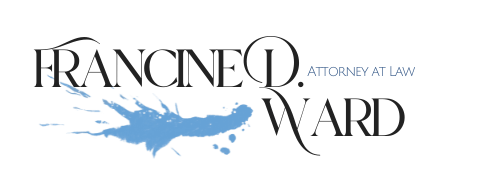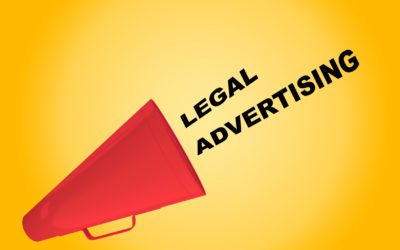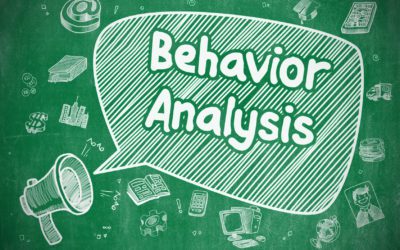Copyright Law.
Copyright Law is one of the five areas of practice that make up what we call Intellectual Property Law. Along with Trademarks, Patents, Rights of Publicity, and Trade Secrets, Copyrights are among this most valuable bundle of rights.
What is a Copyright and What Does it Protect?
Copyright protects original works of art and/or authorship reduced to a tangible format. This includes literary works (such as books, articles, and poems), musical works (including compositions and lyrics), dramatic works (such as plays and scripts), artistic works (such as paintings, sculptures, and photographs), and other intellectual creations (such as computer software, websites, and architectural designs).
What Does a Copyright NOT Protect?
Copyright does not protect ideas, facts, systems, methods of operation, titles, names, slogans, or short phrases. It also does not protect works not fixed in a tangible form of expression, such as improvisational speeches or performances that are not recorded or written down. Additionally, copyright does not protect things in the public domain.
Who Owns a Copyright?
Generally, a copyright is owned by the person who creates the work of art or authorship. The exception is if the work is deemed a work for hire or ownership has been transferred by a written agreement. An example is when you hire an independent contractor to design a website or create a logo for your business. Unless you have a written agreement in place stating you own the creative content, the designer owns the rights.
What Are the Exclusive Rights of a Copyright Owner?
A copyright owner benefits from several exclusive rights the U. S. Copyright Act grants. The right to reproduce one’s copyright-protected content, the right to distribute, display, and perform one’s content, and the right to create derivative works based on the original protected content are among the exclusive rights a copyright owner has.
How Long Does a Copyright Last?
Copyright typically lasts for the author’s lifetime plus 70 years, or 95 years from publication for anonymous or pseudonymous works, and for 70 years after the last surviving author’s death for joint works.
How Do You Protect a Copyright?
There are several things a copyright owner should do to keep their creative content protected. Among them are (a) registering the copyright with the U.S. Copyright Office. While this is not a requirement, registration is an intelligent business judgment decision. (b) While not required, affix the copyright notice to the creative content. Effective notice includes the copyright notice symbol (©) or the word “Copyright,” or the abbreviation “Copr,” the year of publication, and then the owner of the copyright. Notice is your way of telling the world you, as a copyright owner, have rights in the work.
What Are the Benefits of Copyright Registration?
Again, while it is not a requirement that the owner of a copyright register their work with the U.S. Copyright Office, there are several benefits. Among the benefits are (a) there is a presumption that you are the copyright owner, (b) you are able to sue for copyright infringement, (c) a public record is created, (d) there is the possibility of receiving statutory damages, and (e) it is easier to secure copyright registration in a foreign country.
What is Copyright Infringement?
Copyright infringement occurs when someone uses copyright-protected content without the owner’s permission or without securing a valid and enforceable license. If the work is in the public domain, anyone can use it without permission. The key is to make sure it is actually in the public domain. In addition, if the use falls within the Fair Use Doctrine, there is no infringement, and permission is not required. Ensure you understand the Fair Use rules before assuming a work can be used freely. Otherwise, the legal and financial consequences can be significant if you are found to be an infringer.



